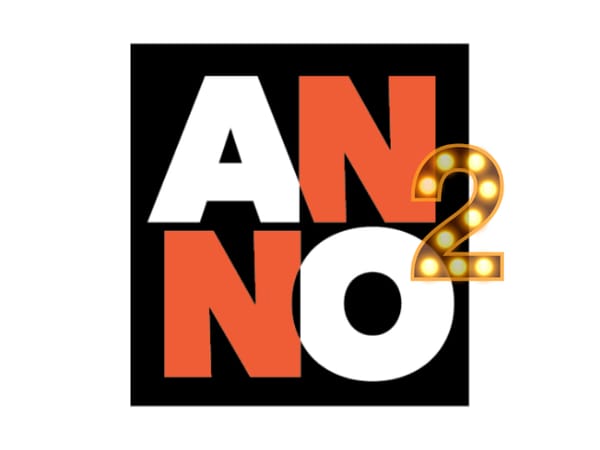Can we get serious about this nonprofit news fever?
I chuckle when I see the latest celebratory announcement that a news organization is proudly turning nonprofit. My reaction is, “So it got that bad, huh?”

By Amos Gelb
I blame the folks from Utah. More precisely, Paul Huntsman. With his splashy announcement, he ruined the party for everyone.
Maybe that sounds hyperbolic. But hear me out.
It was at the 2020 Knight Media Forum when one of the ”headliners” was Huntsman, bringing the news that he was “gifting” his Salt Lake Tribune to the community by turning it into a federally registered 501(c)(3) nonprofit. He seemed to have broken the dam on the IRS recognizing big newspapers as nonprofits.
At that time, I looked around at everyone applauding and hailing this allegedly altruistic act and wondered whether I was the only person thinking, “This is not good for small news organizations like my own.”
Here was my take:
- This was pure self-interest rather than altruism.
- This was an economic move in the face of an increasingly bleak reality.
- Now we are all screwed.
To dive a bit deeper, Huntsman wasn’t turning over a thriving economic business to the public for the better of Salt Lake society. This was a move driven by the reality that revenue-positive days of the SLT as a private, for-profit paper were over. Huntsman, as the owner, was facing the bill to keep it afloat.
He wasn’t even giving up much. Going nonprofit doesn’t really mean giving up control, and especially not to the community. Look at universities like Harvard or the University of Michigan or organizations like the National Geographic Society. All nonprofits. None controlled by the community. Today, the SLT is controlled by a board with Huntsman as its chair. He retains effective control.
Before people start howling, what I am not saying is that Huntsman is a bad actor. He was managing economic reality. The years of the Trib as a profit center were over. So, why not move the liability off his books and access new revenue streams while retaining power?
What I am saying is that it's time to see the chimera of nonprofit journalism for what it really is – not an act of selfish altruism but an economic survival model. All of a sudden the SLT became eligible to get money in a way that was, at best, awkward to access as a wholly owned business.
These days, I chuckle when I see the latest celebratory announcement that a news organization is proudly turning nonprofit. My reaction is, “So it got that bad, huh?”
Huntsman was far from first to twig the advantages of going nonprofit. Tucker Carlson and Neil Patel saw the revenue opportunities when they created the Daily Caller Foundation so they could get tax-deductible corporate funding to sponsor their favored coverage.
Putting aside all the baggage that travels with Tucker, my point is that both his organization and Huntsman’s saw the nonprofit route as a way to access revenue otherwise unavailable.
It's about time that I fess up that the news organization I run, American Witness, is a nonprofit for the same basic reason: revenue. And this is why I knew in 2020 that Huntsman’s announcement was bad news for people like me. That reading has borne out over the years since.
Following the Huntsman lead, there has been a flood of new nonprofit news organizations along with many conversions to nonprofit. The Institute for Nonprofit News (INN) has boasted how it has increased membership – and ergo the nonprofit news space – by hundreds of organizations over the last few years.
But is the increasing number of nonprofits actually good for us? Are there too many deer in the forest to be sustainable? It seems almost everyday there is an optimistic and ambitious new nonprofit being launched with some first-round funding and the prayer of more to come.
And it is just that, a prayer. One that likely is going to be unanswered with the next hot local news idea that comes along.
So, can we get serious about this nonprofit euphoria for a minute? It is not altruistic and, at this growth rate, it is unsustainable for all but a lucky handful.
If it comes down to a tussle between me and Huntsman for what funding there is, the reality is I just don’t have the resources to make it a fair fight.
That’s why I wasn’t among those cheering when Huntsman shared his happy news.
Amos Gelb, founder and publisher of D.C. Witness and Baltimore Witness, is a multi-Emmy Award-winning broadcast journalist and director of the Washington Media Institute, the premier experiential media program in the United States. Read more at our contributors page.





